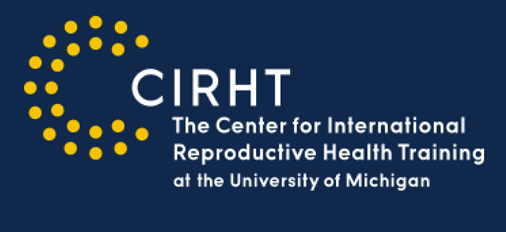Speaker
Description
Positioning medical students as reproductive justice advocates: A reproductive justice training for clinical year medical students at Kabale University.
Isagara Peter1, 2, 3, Namujuzi Angella1, 2, Nahumuza Davis1, 2, 3
1Kabale University, School of Medicine, Uganda
2Medical Students for Choice
3Dynamic Doctors Uganda.
Background: Reproductive justice addresses the right to bodily autonomy. It extends beyond access to healthcare to encompass the broader social, economic, and political conditions that enable individuals to make autonomous decisions about their reproductive lives. Uganda faces significant Reproductive Health challenges that are compounded by socio-structural barriers. Whereas medical students are equipped with the clinical skills to address these health challenges, their training and capability to address the social determinants of reproductive health are limited as the medical curriculum fails to integrate reproductive justice principles in medical training. This training gap is also associated with negative views on abortion, gender roles, violence against women, and sexuality.
Methods: We conducted a one day training involving 25 clinical year medical students on the reproductive justice framework. A pre-training and post-training assessment was administered to assess the knowledge, attitude and practices of the students towards Reproductive justice.
Results: 81.8% of participants reported webinars and conferences as their primary source of information on RJ. 44% of the participants reported minimal confidence in their understanding of reproductive justice. This reduced to 18.2% post-training. There was a 12% improvement in the students’ understanding of reproductive health concepts.
Conclusions: There is limited understanding of reproductive justice concepts among undergraduate medical students at Kabale University. The limited of training and exposure is the main driving force behind this. Medical students possess the potential to understand and apply reproductive justice principles to address local socio-cultural barriers of reproductive health. There is need to design and implement a structured curriculum on reproductive justice for medical students and all other future reproductive health providers.


